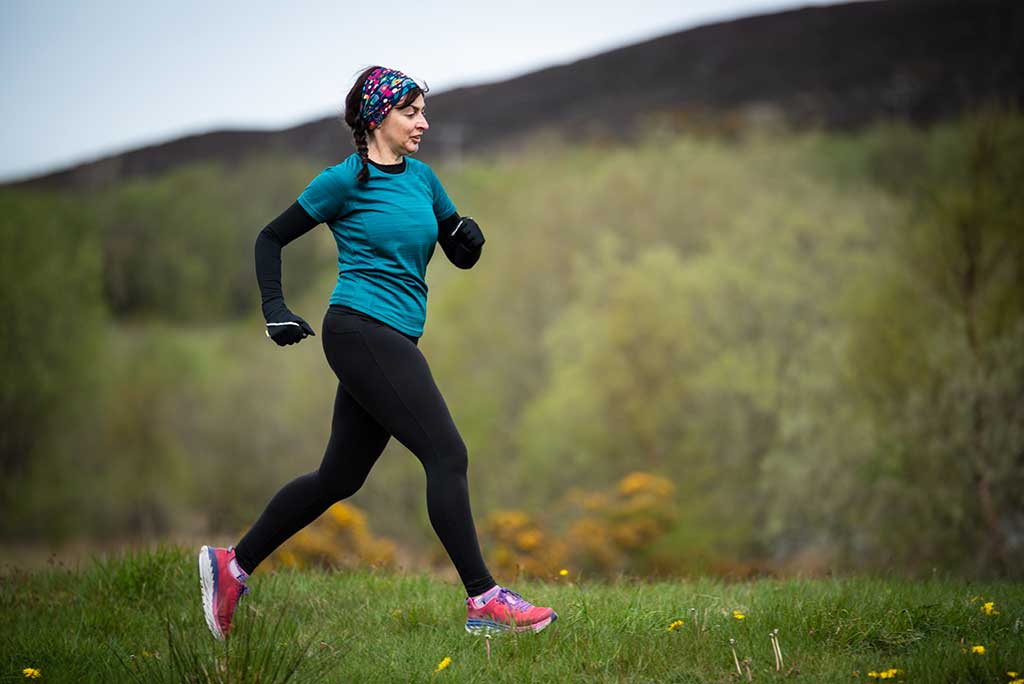When one ages, it is only natural that your body slows down and you will not be as active as you were in your younger days. This more often than not leads to the elderly choosing to live a sedentary lifestyle. Nevertheless, being sedentary in your golden years is the last thing you should do. Biologically speaking, regular exercise slows down the cell aging process. Someone who is sedentary would therefore age much quicker than one who is active. Being active does not simply entail being physically active, but mentally as well; physical and mental health are inextricably intertwined. Read on to find out more about how to stay active in your golden years.
Regular Exercise
Undoubtedly, the most obvious way of staying active in your golden years is to exercise regularly. As mentioned earlier, the more frequently you exercise, the slower your cells age. It goes to say then that the negative effects of aging would be less pronounced in an active adult than a sedentary one.
Understandably, an elderly might balk at the mention of “regular exercise”. However, regular exercise does not mean you have to run a marathon or go for a swim in open water. Healthcare professionals have recommended that a mere twenty minutes of moderate to vigorous exercise per day is enough to count as “regular exercise”. This means that a leisurely stroll after dinner should suffice to maintain your fitness levels.
Choosing the appropriate exercise is also very important. Firstly, if you decide to engage in an activity which you do not really have an interest in, chances are that you will lose motivation easily and therefore fail to stick to your exercise routine. Secondly, you have to take into account your physical condition as well. For instance, most elders suffer from chronic pain such as arthritis and osteoporosis. If you are one of them, you should avoid high-intensity exercise which involves active use of your joints such as running and instead opt for a low-impact one such as swimming.
At Discovery Village At Twin Creeks, we offer a variety of exercise classes under our Dimensions Health & Wellness program, ensuring that each resident will be able to find an activity that suits them.
Socialization
Keeping yourself mentally active is extremely important as well, and one way of doing so is to have an active social life. Studies have shown that the mental health of aging adults who lead solitary and isolated lifestyles are worse than that of their more socially active counterparts. Maintaining constant communications with family and friends provides them with a platform to air their frustrations when they are feeling down, and those without such an avenue display a higher incidence of mental health conditions such as anxiety, bipolar disorder, and depression, which place them at higher risk of dementia and other memory-related issues.
At Discovery Village At Twin Creeks, it does not matter if your loved one is a social butterfly or prefers to keep to themselves, as we have a full calendar of activities and events which provides all residents with the opportunity to bond with their fellow residents and form lasting friendships.







